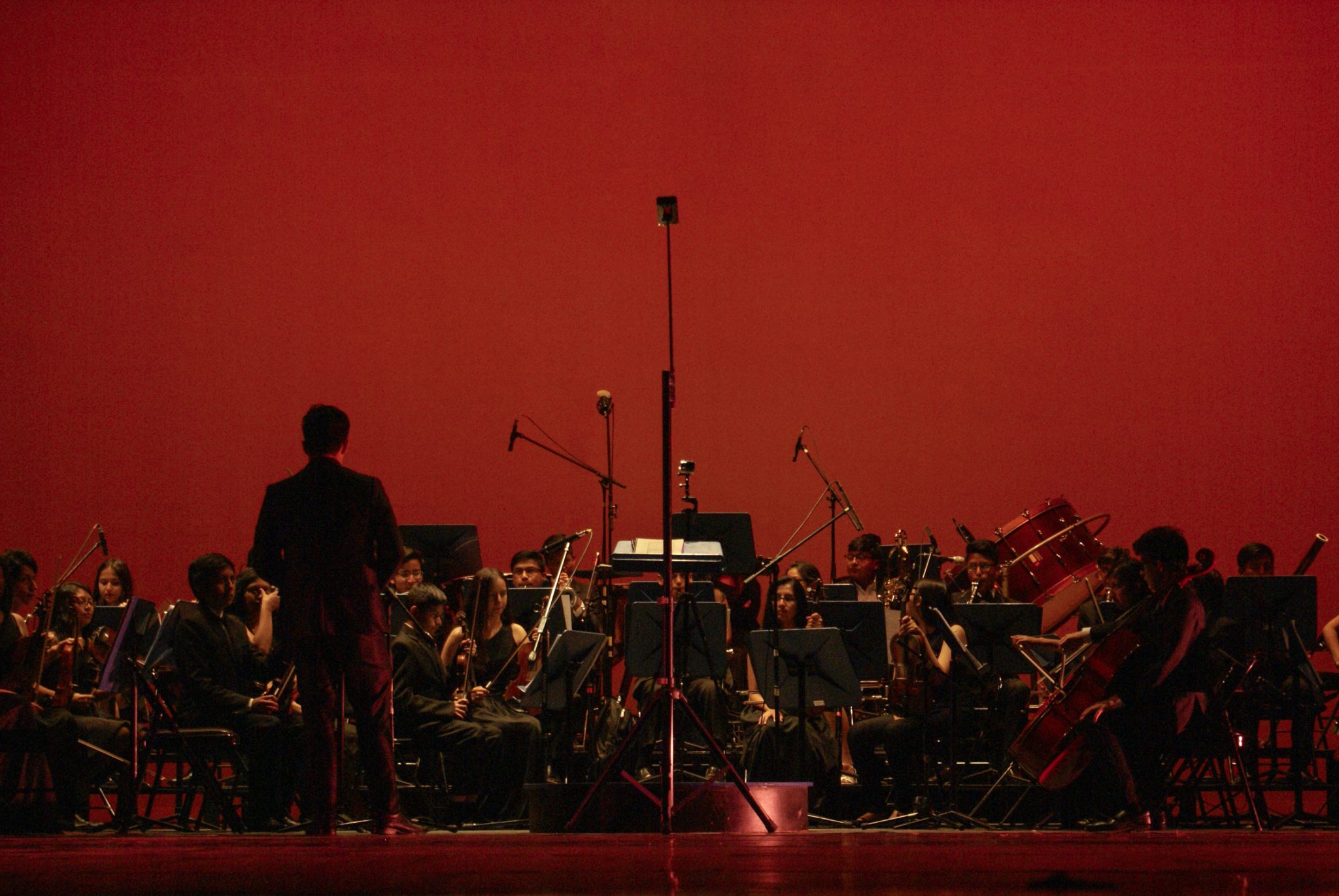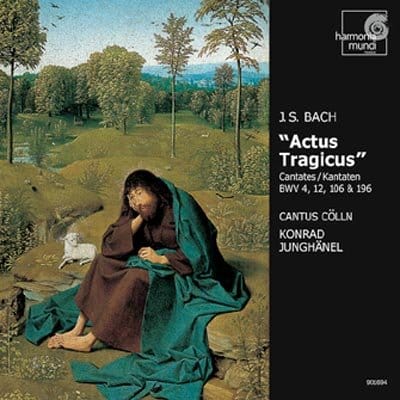
JOHANN SEBASTIAN BACH Actus tragicus. Cantatas BWV 4, 12, 106, 196 Cantus Cölln, Konrad Junghänel
Johann Sebastian Bach’s musical heritage.
If some of the young Bach’s religious vocal works that have survived take us into a world that is still deeply marked by the rich and varied musical aesthetics and traditions of Central Germany, a stylistic reform imported from Italy in the decade between 1710 and 1720, induced him and his contemporaries to turn their backs on the old tradition. And yet, even in the earliest works we find signs of the full genius of the future cantor of St Thomas’s, as in the famous Actus tragicus cantata (justly regarded as the summit of the “old-style” cantata), or the extraordinarily plaintive accents of Weinen, Klagen, Sorgen, Zagen. For it is precisely in following the stylistic and aesthetic conventions of the past that Bach succeeds in surpassing, and even in transcending them.




Artists
- Cantus Cölln
- Konrad JunghänelConductor


